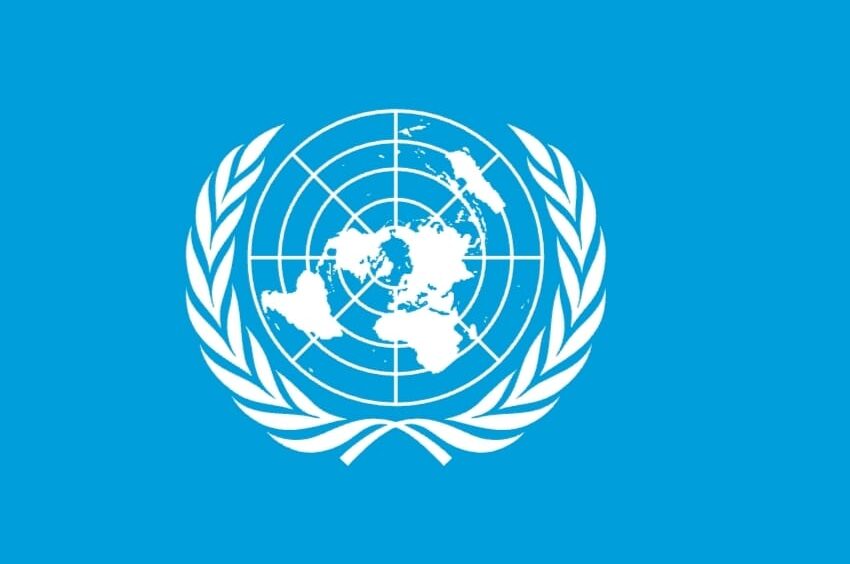Global Cooling Demand To Triple by 2050, Warns UNEP Report At COP30

UN study urges rapid shift to sustainable cooling; adopting low-energy and passive solutions could cut emissions by 64 per cent and save USD 43 trillion
Global demand for cooling is projected to more than triple by 2050, threatening to overwhelm electricity systems and accelerate climate change, according to a new UN Environment Programme (UNEP) report unveiled at COP30.
The Global Cooling Watch 2025, produced by the UNEP-led Cool Coalition, warns that unchecked growth in air conditioning and refrigeration could almost double cooling-related greenhouse gas emissions over 2022 levels, reaching 7.2 billion tonne of CO₂e by mid-century. The report calls for urgent adoption of a Sustainable Cooling Pathway to meet rising heat and cooling needs without deepening the climate crisis.
Under this pathway, which prioritises passive design, low-energy cooling systems, and hybrid technologies, emissions could be slashed by 64 per cent—to 2.6 billion tonne of CO₂e and, with rapid power sector decarbonisation, by up to 97 per cent compared to business-as-usual. It would also save an estimated USD 43 trillion in avoided energy and infrastructure costs and protect three billion people from extreme heat.
“Access to cooling must be treated as essential infrastructure alongside water, energy and sanitation,” said Inger Andersen, UNEP Executive Director. “But we cannot air-condition our way out of the heat crisis. Passive, energy-efficient and nature-based solutions must drive the transition.”
Sustainable Cooling Pathway
The UNEP report identifies sustainable cooling as a public health and development imperative, combining high-efficiency equipment, phase-down of HFC refrigerants under the Kigali Amendment, and nature-based cooling strategies such as urban greening. Nearly two-thirds of potential emission cuts, it notes, come from passive and low-energy measures.
If widely implemented, the pathway could deliver universal access to cooling for vulnerable communities including smallholder farmers, women, and the elderly while avoiding grid overloads and costly infrastructure expansion.
Beat The Heat Initiative
The findings underpin Beat the Heat, a joint initiative of the Brazil COP30 Presidency and the UNEP Cool Coalition, aimed at localising the Global Cooling Pledge. The initiative now includes 185 cities and 83 partner organisations, alongside 72 national signatories committed to cutting cooling emissions by 68 per cent by 2050.
“Beat the Heat is about people coming together to act on what they understand,” said André Corrêa do Lago, COP30 President. “It brings citizens, cities, and nations into a shared effort to tackle one of the most pressing consequences of climate change.”
Global Progress Uneven
While 134 countries have included cooling in their national climate plans, only 54 have comprehensive policies covering all three pillars—passive cooling, energy performance standards, and refrigerant transition. The largest gaps remain in Africa and the Asia-Pacific, where demand growth is fastest.
The report urges governments to shift from reactive heat management to proactive governance, treating cooling and heat protection as public goods. It calls for investment in urban design and nature-based solutions to reduce heat stress and electricity demand.
Grace Fu, Singapore’s Minister for Sustainability and the Environment, said her country would share its technical expertise through the Beat the Heat initiative:
“Singapore will bring together policymakers and practitioners to review Global Cooling Pledge progress and exchange best practices. Our Digital Urban Climate Twin will help cities worldwide model and mitigate urban heat more effectively.”
With global temperatures continuing to climb, UNEP’s message is clear: sustainable cooling is no longer a luxury, but a cornerstone of climate resilience.





































































































































































































































































































































































































































































































































































































































































































































































































































































































































































































































































































































































































